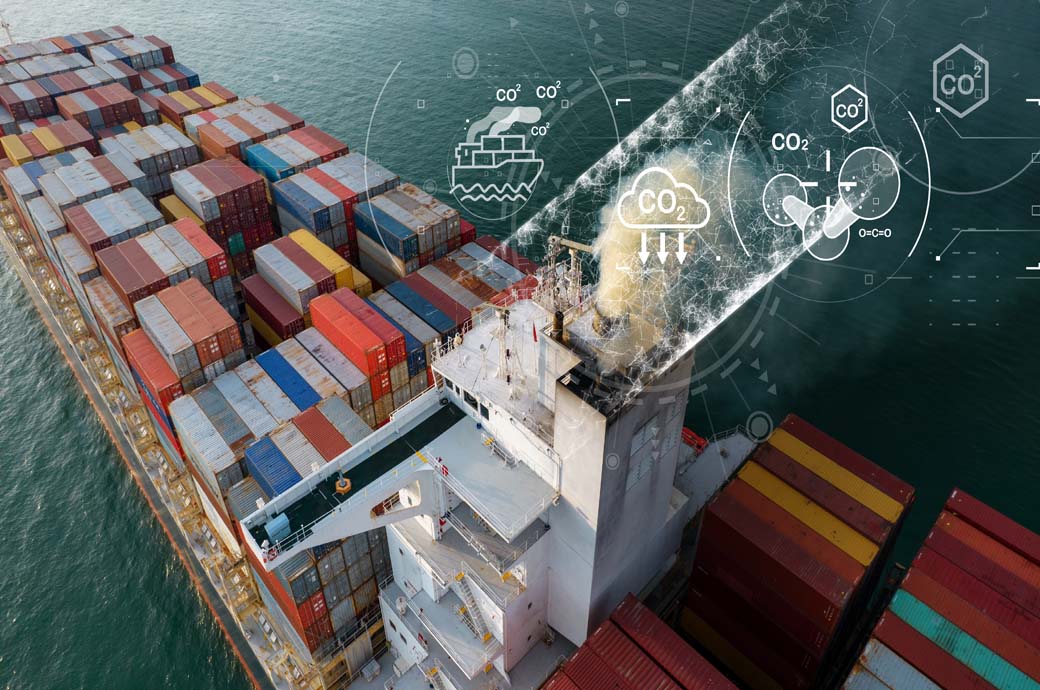
The joint text is supported by major shipping nations like Greece, Japan, South Korea and the United Kingdom; the world’s largest flag states, including Bahamas, Liberia, Marshall Islands and Panama; all European Union (EU) states; the European Commission; African countries like Nigeria and Kenya, and small island developing states from the Caribbean and the Pacific, an ICS release said.
The International Chamber of Shipping recently joined 47 governments in a joint submission to the final round of talks at the UN IMO to adopt a maritime GHG emissions pricing mechanism for global shipping.
They want amendments to the IMO MARPOL Convention requiring global shipping firms to make GHG contributions per tonne of carbon dioxide emitted to a new ‘IMO GHG Strategy Implementation Fund’.
The joint submission by governments sets out convergent regulatory text for amendments to the IMO MARPOL Convention requiring shipping companies operating ships on international voyages to make GHG contributions per tonne of carbon dioxide emitted to a new ‘IMO GHG Strategy Implementation Fund’.
The key purpose of this mandatory GHG charge will be to reduce the cost gap between zero/near-zero GHG emission (ZNZ) fuels like green methanol, ammonia and hydrogen, and conventional marine fuels, to incentivise the accelerated uptake of green energy sources.
Revenue generated will be used to reward the production and uptake of ZNZ fuels, while also providing billions of US dollars annually to support the maritime GHG reduction efforts of developing countries.
“The industry fully supports the adoption by IMO of a GHG pricing mechanism for global application to shipping. The joint text put forward by this broad coalition is a pragmatic solution and the most effective way to incentivise a rapid energy transition in shipping to achieve the agreed IMO goal of net zero emissions by or close to 2050,” ICS secretary deneral Guy Platten commented.
“While a large number of governments now support a universal flat rate GHG contribution by ships—or something similar—a minority of governments continue to have concerns. Working in cooperation with all IMO member states, we will do our best to allay such concerns during the final stages of these critical negotiations about regulatory text,” he added.
This regulatory proposal will be considered by a critical IMO meeting in February.
If the MARPOL amendments are approved by IMO in April this year, they should enter into force globally in early 2027, with the collection of annual GHG contributions from ships commencing in 2028.
Fibre2Fashion News Desk (DS)





